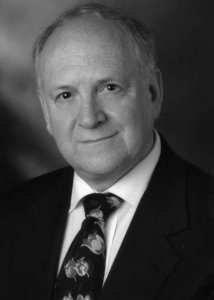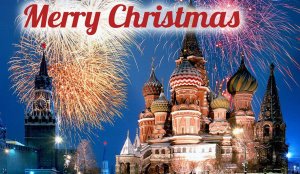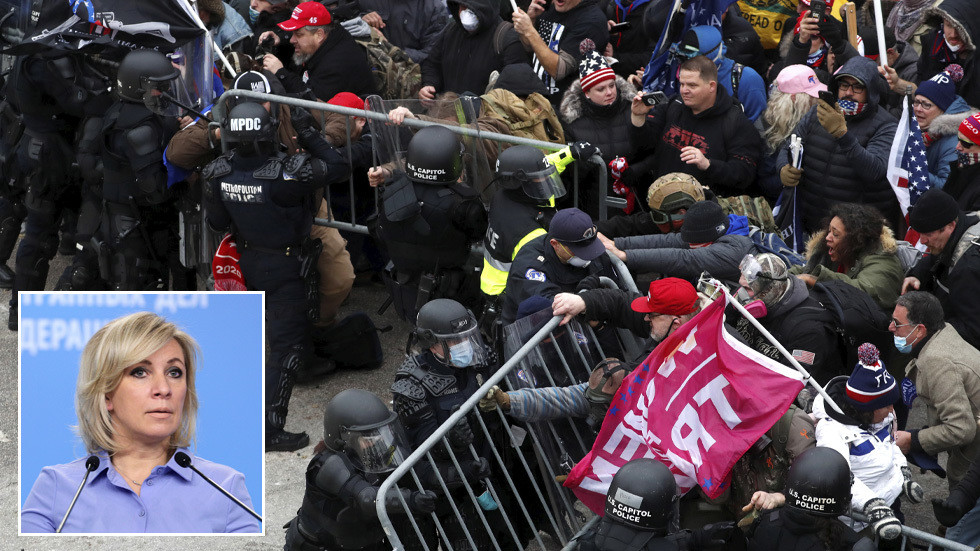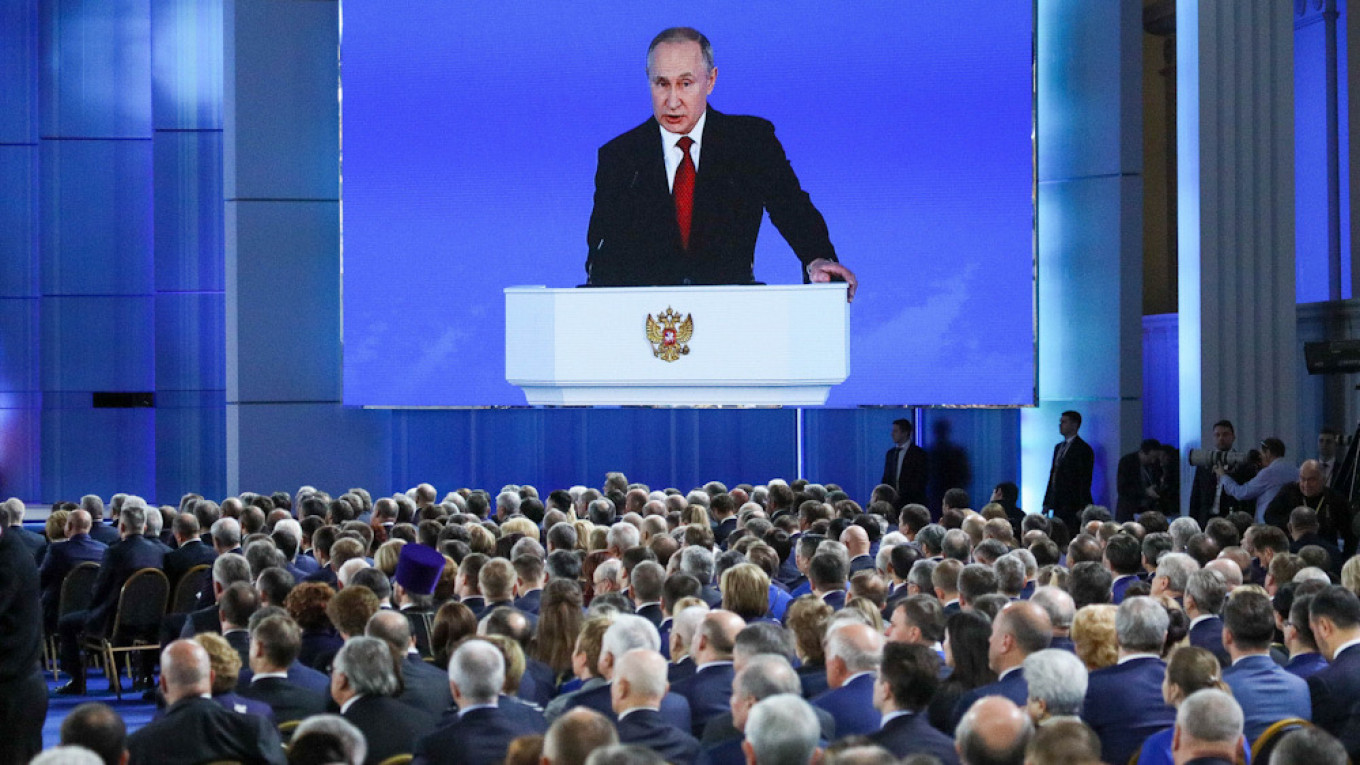
Herbert R. Reginbogin
Professor of The Catholic University of America
Dr. Herbert Reginbogin
Fellow/Professor CUA and
American University Moscow
October 11, 2020
U.S. – Russian Relations: The Era of Humanity
Rethinking and reshaping US-Russian relations involves understanding Russian leaders and society. As the Berlin Wall fell in 1989, it was for hundreds of millions of people a tremendous triumphal political revolution. It marked a better tomorrow for those that had lived under dictatorships. However, for others, it meant the end of the Soviet Empire and the beginning of an era of humiliation. President Vladimir Putin deemed the end of the Soviet Union "greatest geopolitical tragedy of the 20th century.” In the next twenty years after coming to power as Russia’s president in 2001, his ideological answer to the shattered world he experienced as a KGB secret service officer in East Germany (German Democratic Republic) in 1989 was to pursue a neo-Soviet foreign policy to replenish Russia’s finances and credibility as a major power. This was to be Putin’s ideological answer to the titanic changes he experienced in 1989 by exploiting Europe’s thirst for Russian natural gas exports and sales of military weaponry even to member states of NATO like Turkey. His embrace for any person or movement that undermines the European Union, NATO, the West, and democracy contributed to what he considered a broken promise by the West to not expand eastward of the Elbe river and thus closer to the presumed Russian territorial orbit or ‘sphere of influence.’ In restoring Russia’s credibility as a major power by all possible means to be reckoned internationally and regionally, US-Russian nuclear proliferation remained the most threatening issue between them because of a potential nuclear holocaust. While Russia is proud of their authoritarian leader President Vladimir Putin and America is divided by President Trump saying that he trusts Vladimir Putin more than the U.S. intelligence agencies about Russia’s involvement in U.S. elections, some are referring to the U.S.- Russian relations as the Second Cold War.
To reset this conundrum, Grassroot discussions like those today is needed to encourage U.S. and Russian citizens to engage in dialogues like local business Rotary Clubs or long-standing humanitarian efforts to help in fighting addictions. Come 2020, once again, Russia has an authoritarian political leader in Russia whose term limits have been extended to 2036, and America is demonizing Russia for its annexation of the Ukraine and interference in U.S. elections. Instead of experiencing the long-expected prosperity and political dynamism that was expected in the 1990s between both countries, Russia and the USA have an opportunity to turn their conflict into cooperation again because of the existential climate-related impacts that extend from the environment, public health, and global financial crisis. Building trust among rivals through neutralizing the overall blame game for the issues dividing them is a starting point by including an architecture that permanently neutralizes the geopolitics of territorial sphere of influence through country’s voluntarily adopting the status of ‘permanent neutrality’ as a 21st-century model to increase security and expand the dialogue to reset the relationship between the USA and Russia as a driver to expand cooperation as contrasted by John Keenan’s America’s containment policy to end the spread of communism. Accommodating each other will be a challenge, but if they are based on the principles of the U.N. Charter and a more inclusive global governance, a new paradigm of global order may emerge considering the dynamics brought by globalization. Climate change, environmental problems, the nuclear proliferation of weapons of mass destruction, and terror have reached a scale that needs a concerted comprehensive effort for a new system of global governance and the balance of power that deals with the threat to humanity’s shared destiny by embracing the societies and individuals in different countries’ grassroots movements as part of the global cultural transitions.



_jpg/250px-ElbeDay1945_(NARA_ww2-121).jpg)









